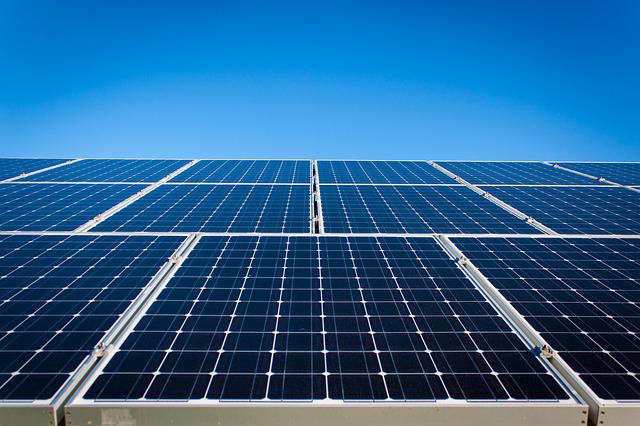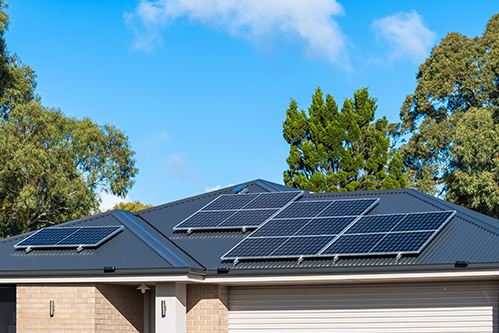
Floating solar panels are a new way to harness the power of the sun, generating electricity on reservoirs and lakes. They offer several benefits over conventional solar installations, including reduced evaporation and a cooling effect that makes them more efficient than their land-based counterparts.
A photovoltaic array on the surface of a body of water can reduce harmful algal blooms in freshwater bodies, which contribute to greenhouse gas emission. According to research from 2021, cool water temperatures can reduce evaporation as well as improve the quality and quantity of the energy produced.
There are many areas around the globe where there is ample space to install floating solar panels. Japan, South Korea, Singapore and other countries have the largest floating solar projects.
The technology is a great way to free up valuable land that would otherwise be used for agriculture, development or other purposes. The environmental benefits of this technology are increasing its popularity.
It is possible to install floating panels in areas without access to land. It is the perfect solution for regions with limited land and high costs, such as in China and India.
Another benefit of floating solar is that it helps to reduce the need for costly and polluting fossil fuels. It can also help to generate more clean energy.

Although the costs of installing floating solar systems are higher than that of land-based installations, they will reduce over time. There are, however, some downsides to this type of technology. People will have to decide for themselves if they want to go with it.
1. The technology is a relatively new one and requires more expertise and equipment than traditional solar systems.
2. It's costly and takes a while to set up.
3. This system does not produce enough energy to meet all the needs of large businesses or communities.
4. It is an option that can be good for cities and areas with a large demand for energy.
5. The floating solar industry is a new technology that will grow in the future.
6. Eco-friendly floating solar can help meet energy demand in cities and regions looking for more environmentally friendly options.

7. The floating solar system is a promising source of renewable energy that can reduce pollution from coal and other fossil-fuels.
8. Floating solar can be an affordable and environmentally friendly option for cities and regions that are looking for greener ways to meet their power demands.
9. By reducing the amount of pollution produced by coal and natural gas, floating solar can reduce air pollution.
10. It can be a more cost-effective option than other forms renewable energy.
11. Floating Solar can be an attractive, environmentally friendly and economical option for cities that wish to meet the power requirements of their region.